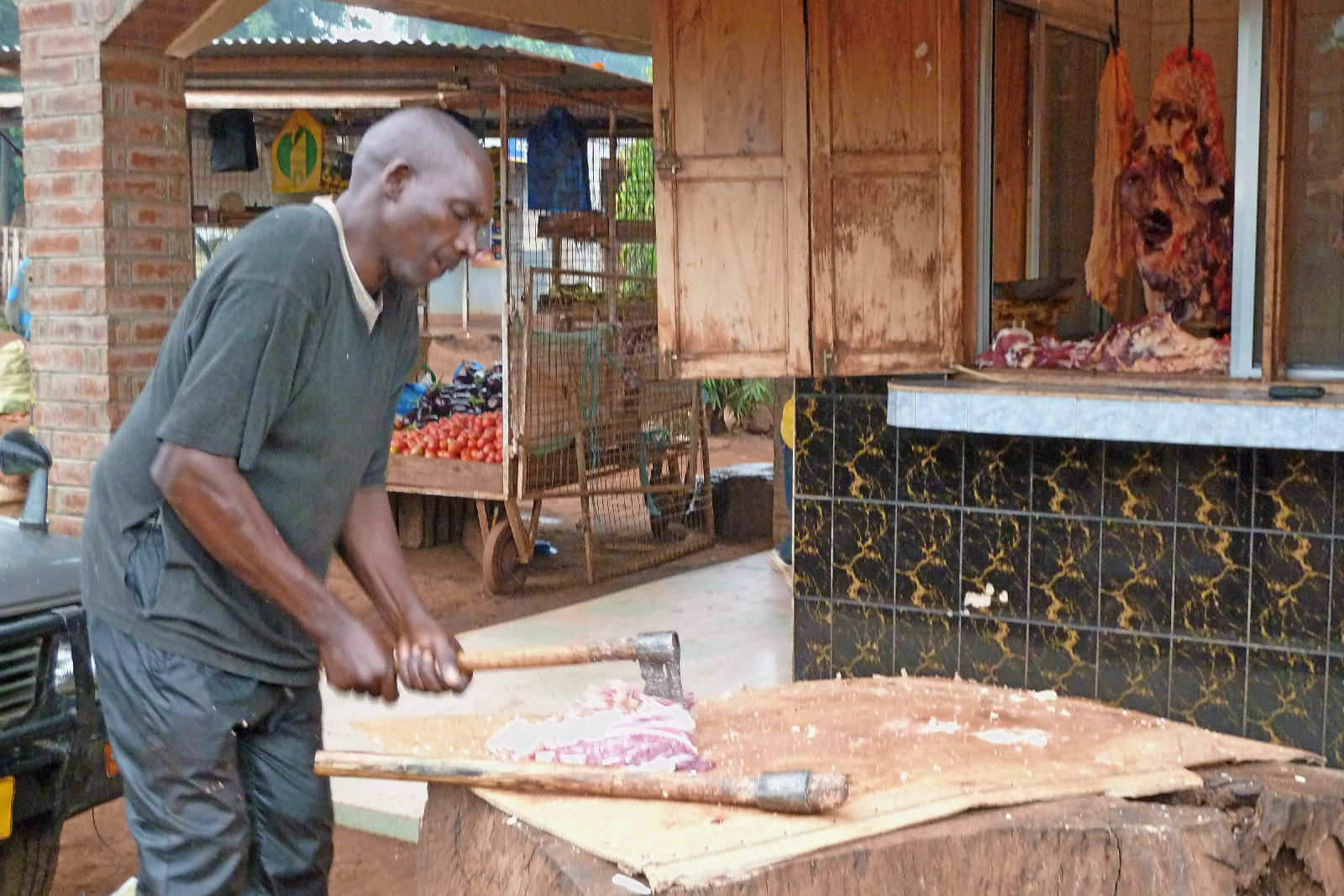Mwananchi
Tanzania, once celebrated as a role model for peace in Africa, is no longer being considered ‘safe’ after an increase in inter-faith violence, with little evidence so far of perpetrators brought to justice.
Last Sunday’s blast outside St Joseph’s Roman Catholic Church in Arusha, a town popular with tourists visiting the Serengeti national park and Mount Kilimanjaro, was just the latest example.
The newly built church, in the Olasti district on the outskirts of Arusha, was celebrating its first ever mass at the time of the attack, which left three dead and more than 60 injured.
Escalating violence
Tension has been building between the two most populous religious communities in Tanzania – Christians comprise 62 per cent of the population, while 35 per cent is Muslim (Pew, 2010).
In Zanzibar, which is 97 per cent Muslim, arsonists burned the Evangelical Church of Siloam on February 19, two days after gunmen killed a Catholic priest, Father Evaristus Mushi, in the Motni area of the island.
Earlier that month, an Assemblies of God minister, Pastor Mathayo Kachili, was hacked to death in the Geita region of Lake Victoria, when he intervened in an altercation between villagers over the slaughter of an animal, after the local government had granted Christians the right to practice as butchers.

R A Blackburn for World Watch Monitor
Christian Solidarity Worldwide reports that church leaders began to receive text messages from a group calling itself ‘Muslim Renewal’ which claimed responsibility for these murders, adding the killers were ‘trained in Somalia’ and which promised ‘disaster’ during the Easter season.
The BBC reported in April that police used teargas to disperse about 200 Christian rioters attempting to set fire to a mosque. Earlier in March, 52 followers of controversial Muslim cleric Sheikh Issa Ponda, head of Jumuiya yaw a Islamu (an Islamic group not recognised by the Tanzanian government), were jailed for a year for their part in October 2012 riots in Dar es Salaam, sparked by rumours that a 12-year-old boy at a Christian school had urinated on a copy of the Qur’an.
Sheikh Ponda and some followers were released yesterday and cleared of conspiracy, abduction, theft and incitement to violence. However, Sheikh Ponda was found guilty of forceful entry into a property and handed a suspended 12-month prison sentence.
Bombing in Arusha
Home Affairs minister, Dr Emmanuel Nchimbi, said that police were questioning two Tanzanians and four foreigners. The United Arab Emirates Foreign Ministry on Wednesday 8th confirmed three of its citizens were held in Tanzania. The Saudi Ambassador to Tanzania is reported to have said one Saudi is also detained.
The minister named 20-year-old motorcyclist Victor Ambrose as one of those being held in connection with the attack.
Dr Nchimbi said Ambrose is suspected of throwing a bomb into the crowd when the Vatican envoy to Tanzania, Archbishop Francisco Padilla, and Archbishop Josaphat Lebulu were leading mass during the consecration of the new church building.
Update (May 14): Ambrose has since been charged with three counts of murder and 18 of attempted murder at the Arusha Resident Magistrate’s Court. He is the only suspect after three United Arab Emirates nationals and a Saudi Arabian were freed without charge.
Regina Longino Kurusei, 45, was killed on the spot and James Gabriel, 16, died on the way to Muhimbili National Hospital. Further investigations are being conducted to establish the type of bomb used, said the minister.
“The government has been disappointed with politicians who use such incidents that claim people’s lives for political gain. It is inhuman and the government will not tolerate it.”
–Dr Emmanuel Nchimbi, Home Affairs Minister
The road to justice
Minister Nchimbi said a taskforce has been formed to ensure all culprits are arrested and brought to trial. The full range of defence and security agencies, including the Tanzania People’s Defence Forces (TPDF), have been engaged in the investigation, he said.
“The government has formed the taskforce to investigate the matter and I am confident that those who are behind this incident will be arrested and taken to court,” said Dr Nchimbi. “We are doing everything in our capacity to address the situation.”
In Parliament, meanwhile, legislators from both the ruling Chama Cha Mapinduzi (CCM) and the main opposition, Chadema, traded accusations on which party was to blame for allowing the rising attacks on places of worship and clerics.
Mr Tundu Lissu (Chadema) accused the government of fuelling religious tensions. The ruling CCM legislators, in turn, pointed an accusing finger at Chadema, arguing that remarks by the party’s leaders that the country would be ungovernable had come to pass.
Dr Nchimbi had earlier warned against politicising the Sunday attack. “The government has been disappointed with politicians who use such incidents that claim people’s lives for political gain,” he said. “It is inhuman and the government will not tolerate it.”
Sheikh Issa Bin Shaaban Simba, head of the Tanzania Muslim Council (Bakwata), said: “We condemn the attack and we urge security organs to work hard to find the culprits. This is a sad situation for all Tanzanians.”
Words from the President
President Jakaya Kikwete said the bomb attack, for which no group has yet claimed responsibility, was “an act of terrorism” and one of the worst such incidents to hit the East African country in years.
The president also urged Christians to continue attending church services every Sunday. “If we don’t do so, we will have given victory to those who carried out the attack,” he said.
President Kikwete also ensured the government “will provide security around all places of worship”.
Officials have given no indication as to which group they think might be behind the attack, but Kikwete, who said he was “shocked and deeply saddened” by the incident, called on people to remain calm while police investigated.
Dismas Lyassa is an editor at a daily newspaper in Tanzania, ‘Mwananchi’ (Citizen)